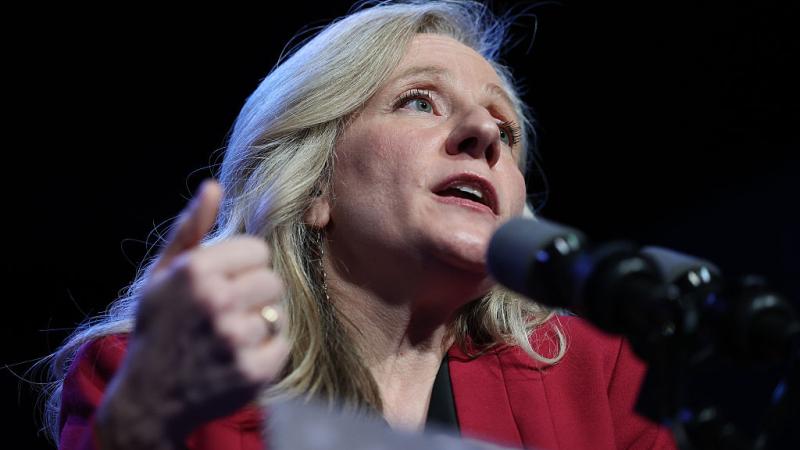FDA halts use of Regeneron, other monoclonal antibody COVID treatment, DeSantis says move 'reckless'
President Trump credited the Regeneron drug for helping him recover from COVID-19
The Food and Drug Administration has removed two monoclonal antibody therapies from its list of COVID-19 treatments, saying they should not be used in the U.S. because of their ineffectiveness against the virus’ now-dominant Omicron variant.
The agency’s announcement Monday was followed by the Department of Health and Human Services stopping, at least for now, the distribution of the antibody medications made by Regeneron Pharmaceuticals and Eli Lilly, according to The Washington Post.
Regeneron became well known in November 2020 after President Trump received it to treat his COVID infection while the drug was still in early clinical trials and praised its effectiveness.
Patrizia Cavazzoni, director of the FDA's Center for Drug Evaluation and Research, said Monday data shows the two antibody treatments are "highly unlikely to be active against the omicron variant, which is circulating at a very high frequency throughout the United States."
The move was expected, considering the drugmakers had previously said their respective treatments are less effective against Omicron.
Still, Florida GOP Gov. Ron DeSantis late Monday called the Biden administration's decision to halt the distribution of the drugs "sudden and reckless."
"Without a shred of clinical data to support this action, Biden has forced trained medical professionals to choose between treating their patients or breaking the law," he said.
The Florida Department of Health subsequently announced the closure of all monoclonal antibody treatment sites until further notice, according to NBC affiliate WESH-TV in Orlando.















